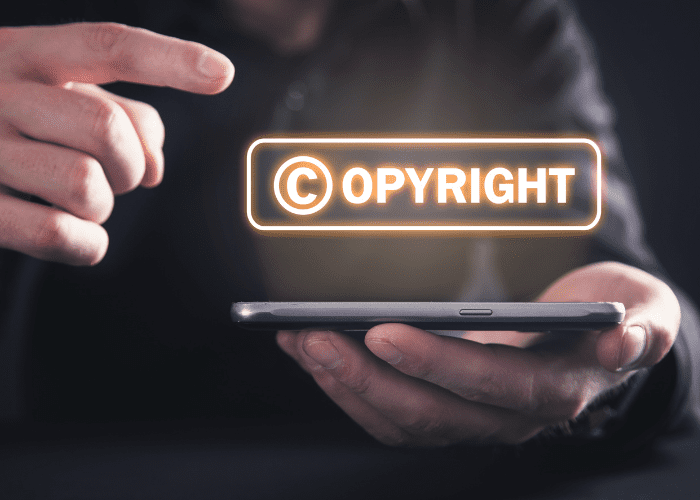A collective of MPs have expressed concerns over the UK’s inability to establish comprehensive regulations governing the interaction between artificial intelligence platforms and the creative industry, suggesting it instead benefits major tech corporations.
On Wednesday, the House of Commons culture, media and sport committee published a report on remuneration and working conditions for professional creative.
The MPs discovered that numerous artists in the UK have faced ongoing decreases in their royalties, partly attributed to the adoption of digital distribution models, which provide creators with lower payouts compared to traditional physical distribution systems.
Dame Caroline Dinenage, committee chair said: “Talented actors, writers, composers and singers are failing to share in the global success of the UK’s creative industries as the sector struggles to navigate a perfect storm caused by everything from the emergence of AI through to rapid changes in the way content is consumed,”
“The government needs to play catch-up by plugging the gaps in outdated copyright and intellectual property regulations,” she added.
Many professionals in the music, literary, and television sectors have voiced specific concern regarding the implications of AI platforms. These platforms have the capability to plagiarise and replicate their work without providing compensation, raising doubts about the future of their industries.
Sjuul van der Leeuw, CEO of Deployteq, part of Inspired Thinking Group, said: “AI is already playing a central role within the creative industries in areas such as marketing, being deployed to support content creation for campaigns as well as analysing first-party data to better tailor engagement. It’s important to protect creative’s IP, but big tech companies aren’t going to slow down AI development, so creatives should jump on board with AI and make it work for them. The benefits that AI can offer the creative sector are limitless, and the industry is primed to boom as soon as the industry collectively embraces these benefits.”
John Kirk, Deputy CEO of Inspired Thinking Group, commented: “The development of AI isn’t slowing down, and its rapid evolution is blurring the lines between efficiency, creativity and intellectual property. It’s important to protect IP within the creative industries for any content from creators to brands, and there needs to be a greater focus on ensuring creatives are protected, but the reality is anyone not on the AI train is going to be left behind.”
“It is important that the government, regulators and industry collaborate to ensure there is a well-managed governance model in place to support content operations to mitigate risk and reduce the hesitancy for the adoption of AI for its day-to-day use cases. Creatives should be empowered by AI, not scared, utilising it to scale the quality and quantity of assets to meet the ever-growing content demand. Platforms like Storyteq, for example, are utilising AI to streamline content creation through brand-compliant localisation across all content. Pairing the creativity of humans with the efficiency of artificial intelligence will transform the creative industries for the better.”
